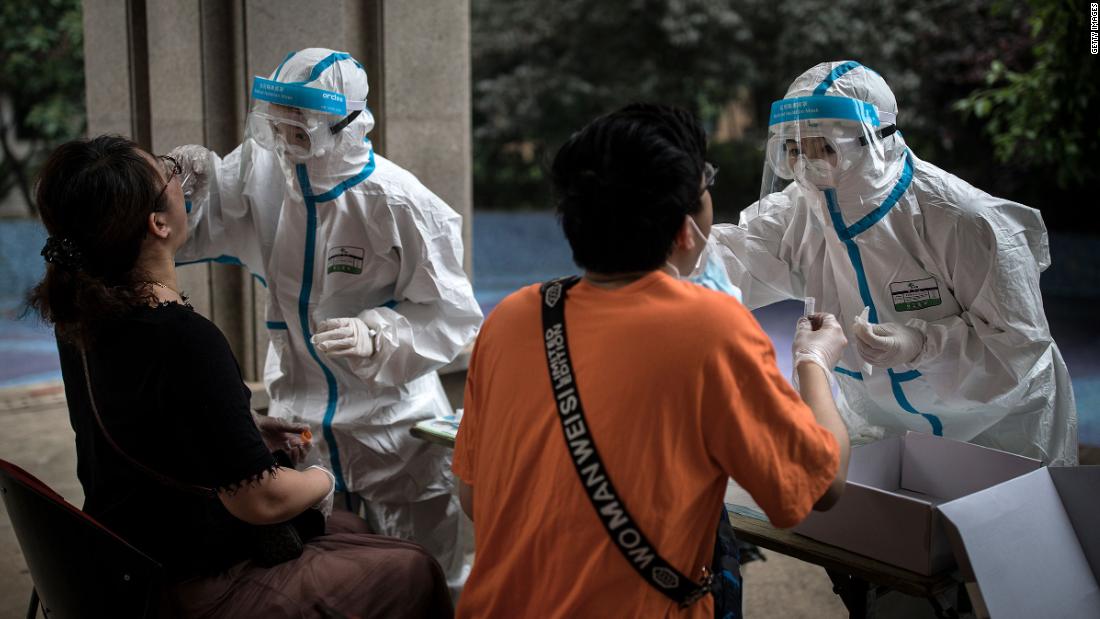
In its second interim report, the Switzerland-based Independent Panel for Pandemic Preparedness and Response determined that Beijing could have been more vigorous in applying public health measures when cases were first discovered in Wuhan city, Hubei province.
“What is clear to the panel is that public health measures could have been more vigorously enforced by local and national health authorities in China in January (2020),” the report said.
According to the city authorities, the first cases in Wuhan occurred between December 12 and December 29, 2019. The cases were not reported to the WHO until December 31. By the time Wuhan shut down on January 23, 2020, the virus had already spread to Japan, South Korea, Thailand and the United States.
Several countries, especially the US and Australia, have accused Beijing of downplaying the severity of the outbreak in the early stages and hindering an effective response until it was too late.
The independent panel, chaired by former New Zealand Prime Minister Helen Clark and former Liberian President Ellen Johnson Sirleaf, also criticized the WHO for its delays in ringing the alarm, and called for reforms to the UN agency.
Despite being made aware of the cases in late December, the WHO did not convene its emergency committee until January 22, 2020 – then waited until January 30 before an international emergency was declared.
“It is not clear why the committee did not meet until the third week of January, nor is it clear why it was unable to agree on the declaration of a public health emergency of international concern at the first meeting,” said the report.
“Although the term pandemic is not used or defined in the International Health Regulations (2005), its use serves to draw attention to the severity of a health event,” the report said.
It concluded that the WHO “has too little power to do the work expected of it”. WHO has “severely limited” authority to validate reports of disease outbreaks for pandemic potential, or to provide support to local areas, he said.
The international community must achieve a “global reset” of the way it is addressing pandemics, said the review panel, which is scheduled to present a final report at the World Health Assembly in May.